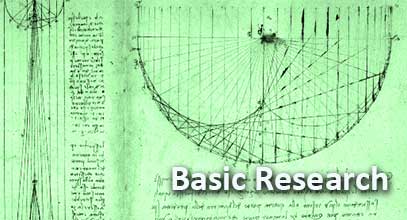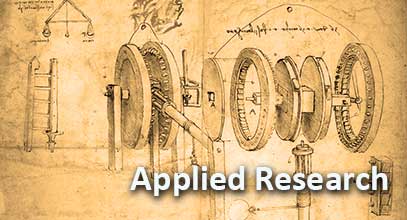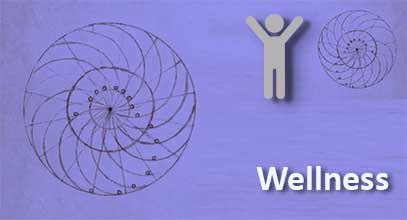Home
8 January 2019
Human beings are in the midst of very powerful shifts in our understanding of what it means to be a human. In this paper authors conclude that there is a non-trivial chance that sometime in the future humanity will transform itself. Such a transformation has great potential for both good and bad. Posthumanism seeks to improve human nature, increase the
10 September 2018
Recently it has been proposed to adopt the understanding of consciousness as a “pure experience” for the purpose of diagnosing the patients with disorders of consciousness (DOC). In the paper the authors stated that while this suggestion is original and novel, without placing such Eastern notion in the Western tradition it is difficult to see how pure experience could be usefully operationalized to make sense in the clinical practice with
- BM-Science researchers published a new article on the paradigm shift in Biological Psychiatry
- Researchers from BM-Science co-authored a new publication on the syntax, semantics and the brain
- BM-Science researchers published results of a new study on the Post-Traumatic Stress Disorder and Selfhood
- The article with BM-Science researchers co-authorship gets social media attention



